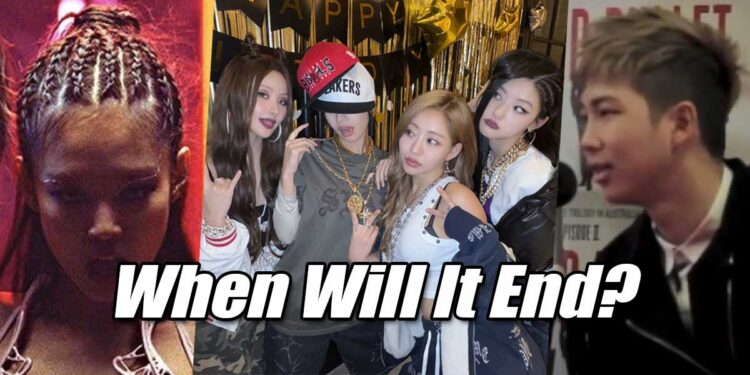Let’s just be honest—this isn’t new. The cultural appropriation in K-pop has been a long-standing unresolved conversation that continues to surface every few months—and even weeks! This issue has never been a passing controversy or those so-called overreactions from fandom. Instead, cultural appropriation in K-pop has been a long overdue issue they subtly touched through either styling choice examples, lyrics, and even—painfully but real—through silence.
But how? Well, if you’re curious in how often cultural appropriation has become a controversy in K-pop, we’re going to invite you to see some of the previous examples.
So, let’s talk honestly. See for yourself how this issue has become repeated controversies in the K-pop industry. Not to cancel. Not to point fingers blindly. But to trace a pattern that desperately needs to be broken.
Cultural Appropriation in K-pop: Real Examples We Can’t Keep Ignoring
Now, you may be asking: they were just styling—or it was merely one single word—so why are fans overreacting?
Well, yes, some people may not understand this, and it’s never anyone’s fault. After all, one must actually go through the experience to know how exactly this experience feels.
However, what you must undeniably acknowledge is that for K-pop fans who actually came from the real marginalized communities, cultural appropriation is never about personal reputation scandal of the celebrities. These are emotional cuts that reminds everyone just how often K-pop celebrates global sounds and aesthetics, but still struggles to honor the people and cultures behind them.
Here are some of the most pivotal real examples of cultural appropriation in K-pop—what happened, why it matters, and what they continue to teach us.
KISS OF LIFE – A Livestream That Changed Everything (2025)
In April 2025, KISS OF LIFE hosted a livestream to celebrate Julie’s birthday, themed around “old-school hip-hop vibes.” But instead of a respectful homage, the group appeared in cornrows, Bantu knots, gold chains, and mimicked stereotypical speech and gestures.
Belle rapped lyrics from Pound Town and was nicknamed “Lil Taco Belle,” while Natty stacked hats in a cartoonish parody of hip-hop fashion. And the worst part was that fans later discovered a Bubble message from Belle asking fans “not to leave the fandom after watching it.” It revealed they had a sense the content could be offensive—yet went ahead anyway.
Despite a company apology and a later handwritten note from the members, the group lost over 200,000 followers in a matter of days, and their once-fast-rising image took a serious hit. The hurt was real. And the apology, for many, came too late.
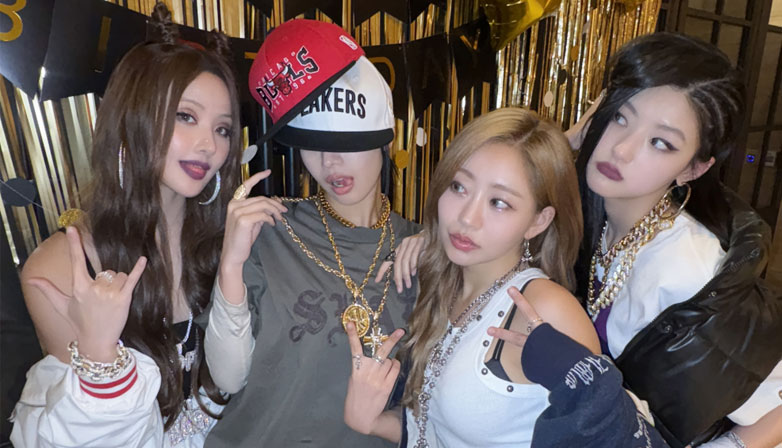
BLACKPINK – Leaked N-Word Videos (2025)
Secondly, in one of the most shocking developments in 2025, a former YG employee leaked pre-debut videos showing BLACKPINK members Jennie, Rosé, and Lisa using the N-word while covering English-language rap songs.
This footage, said to be recorded before their 2016 debut, showed multiple instances of the slur being used casually during rehearsals and vocal practice.
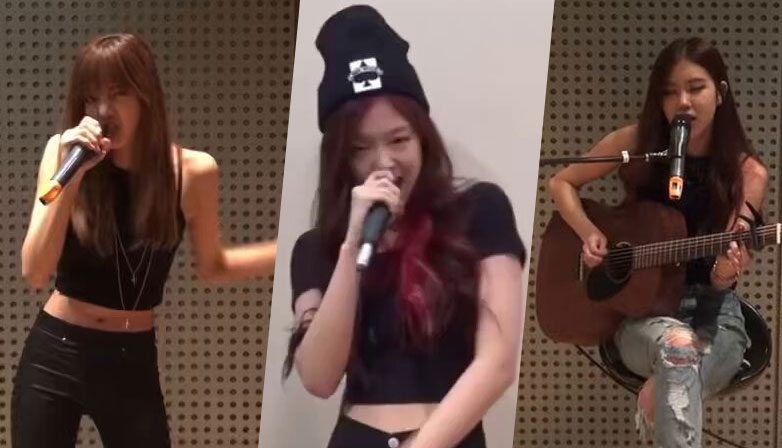
Similar to KISS OF LIFE’s case many fans found it hard to accept these moments as simple misunderstandings. After all, we all know how Jennie and Rose’s had been basically growing up in Western culture, Lisa has been incredibly fluent in English.
That is why the fallout of this video was massive. Fans and allies from the Black community expressed anger and exhaustion of the repeated cultural appropriation controversy examples in K-pop.
And the group’s silence only made things worse—especially when compared to how fast other groups and idols had responded to their own scandal.
As of this time, neither BLACKPINK nor YG has addressed the leak.
BABYMONSTER – Ahyeon’s Racial Slur Controversy (2023)
Before their official debut, BABYMONSTER’s Ahyeon was caught in controversy when an old video surfaced, allegedly showing her using the N-word during a school performance. The clip predated her viral 2023 spotlight with “Dangerously,” but re-emerged as fans were starting to support her on a larger scale.
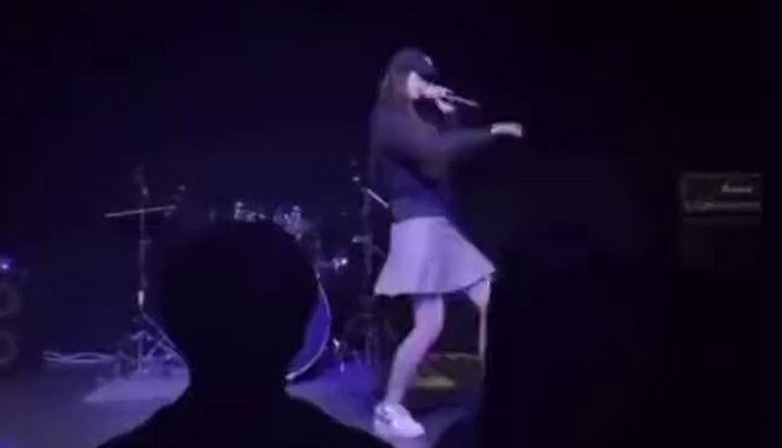
Still, please pay attention that context is important. Ahyeon was a teenager in Korea. And in this country, the awareness of the word’s weight still varies.
However, the fact that YG Entertainment remained silent, despite punishing others for similar incidents (such as trainee Julie Han), felt deeply inconsistent.
Many fans asked: why was one trainee protected while another was dismissed?
To this day—April 2025—no apology from YG Entertainment has been issued, and that’s exactly the point. That is why the incident still lingers, unresolved. But not around Ahyeon. Instead, the issue lies on the company instead, especially with the repeated examples of K-pop cultural appropriation controversy coming from YG.
MAMAMOO – “Uptown Funk” Performance (2017)
Then, in 2017, more examples of K-pop cultural appropriation controversy came from the stunning girl group MAMAMOO. During a concert, MAMAMOO performed the song “Uptown Funk” while wearing blackface, complete with exaggerated makeup and wigs mimicking African American features.
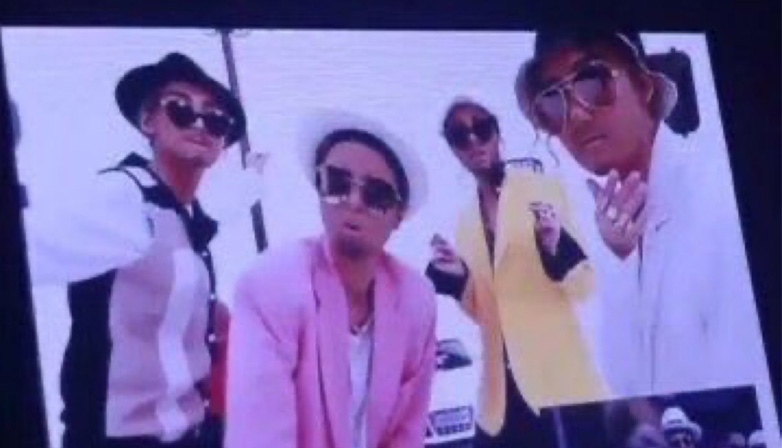
Yes, this performance was original for a tribute to Bruno Mars. However, as the members showed the dark facial makeup, it hit the nerve for some fans. For them, MAMAMOO members were simply replicated a historically racist practice rooted in minstrelsy. And they felt disappointed that their precious idols simply didn’t understand how crucial and sensitive it was for them.
Yet, unlike the rest of K-pop cultural appropriation controversy examples, MAMAMOO immediately posted personal apology. They also promised to educate themselves more, soothing the fury of fans at the time.
BTS RM – A Joke That Didn’t Land (2015)
Back in 2015, during a U.K. interview, BTS RM made a controversial comment about his members’ darker skin tones, saying he “couldn’t see them in the dark.”
At the time, it was honestly meant as humor. But with peoples’ hearts—you never know. For international fans—especially those already wary of colorism—it hit hard.
To his credit, RM quickly apologized. And it was understandable that someone might have been lost in the cultural appropriation without proper education from the agency, especially when he was a hip-hop rapper in K-pop. But the moment remains part of BTS history, a reminder that global stardom comes with global responsibility—even in the early years.
BLACKPINK Lisa and Jennie – Hairstyles Under Fire
Again, came cultural appropriation controversy examples from the giant K-pop company, YG Entertainment.
Years and years we all have realized that throughout their careers, BLACKPINK Lisa and Jennie have been styled in box braids and other traditionally Black hairstyles. For example, Lisa in “MONEY” MV and Jennie wearing cornrows a scene from “The Idol.”
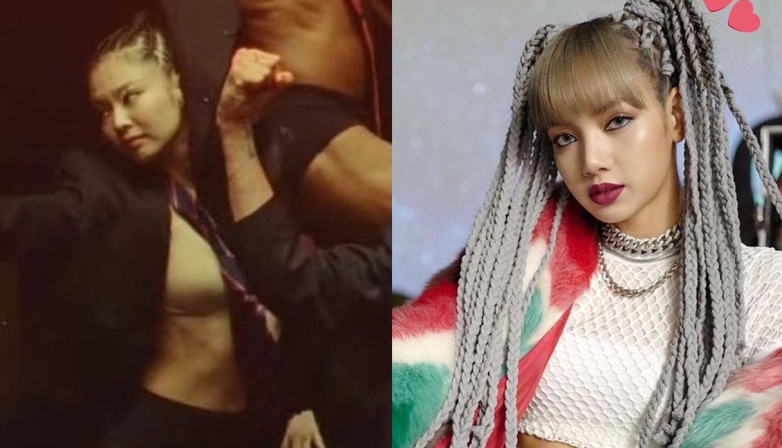
Fans repeatedly raised concerns about cultural appropriation, especially when there was no acknowledgment of the history or significance of the looks.
Styling is never just visual—it carries cultural memory. And when that memory is erased, what’s left is a fashion statement built on someone else’s roots.
Why These Examples Matter—And What Must Change
For a long time, fans have to deal with these repeated examples of cultural appropriation controversy in K-pop. They may not always come from malicious intention. However, no matter what the intention, it doesn’t then justify the result.
What fans have been asking from these repeated examples of cultural appropriation controversy is that the K-pop industry must honor the culture that shaped the music we love today. Not using them as mere props and candies for stages and performances, but to dive deeper into the origin of this culture and respect the many aspects of history that have now become a part of the K-pop music and culture.
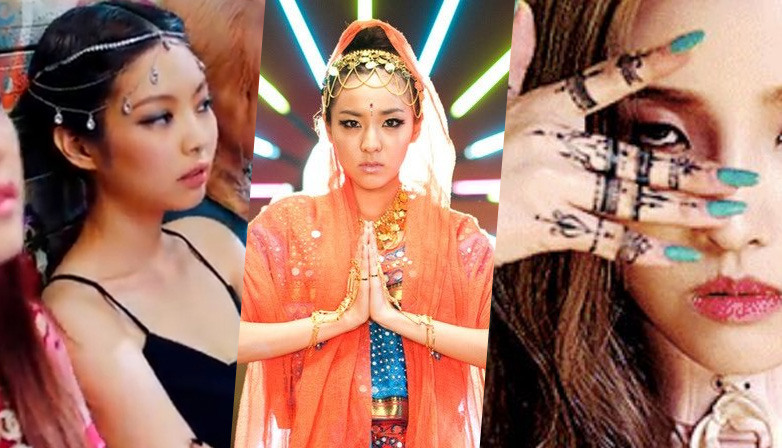
And in the end, after the lengthy apology, what matters the most for fans is that no same mistakes and examples of these cultural appropriation controversy come out from their favorite K-pop idols.
Do you think it’s too much too ask?
We’re Not Here to Cancel — We’re Here to Care
Finally, now that K-pop is going even more global, the industry must embrace cultural responsibility if they want to stay as a significant force in the worldwide music. It means that both idols and companies must listen more when fans speak up and acknowledge harm, not hiding behind stylists, training systems, or vague statements especially concerning cultural appropriation controversy.
After all, in the new generation K-pop, fans are never just bystanders. As much as they love their idols, they are also guardians of their respected culture. And by calling out these cultural appropriation controversy examples, it is also part of their efforts and affections in making the K-pop industry better and more considerate for the global market.
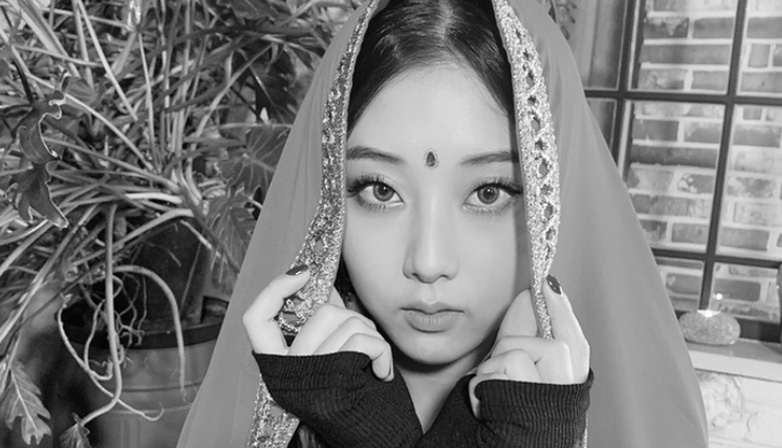
So, what do you think about this issue? Stay pushing for more growth and keep the conversations going. Because when K-pop listens and learns—it becomes more powerful than ever.
Join us on Kpoppost’s Instagram, Threads, Facebook, X, Telegram channel, WhatsApp Channel and Discord server for discussions. And follow Kpoppost’s Google News for more Korean entertainment news and updates.

